1,2-Benzenedicarboxylic acid di-C9-11-branched alkyl esters C10-rich
Synonym(s):1,2-Benzenedicarboxylic acid diisodecyl ester;Diisodecyl phthalate
- CAS NO.:68515-49-1
- Empirical Formula: C28H46O4
- Molecular Weight: 446.66
- MDL number: MFCD00048389
- EINECS: 271-091-4
- SAFETY DATA SHEET (SDS)
- Update Date: 2024-07-15 16:45:23
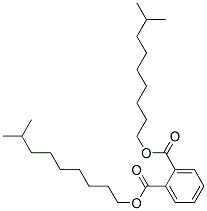
What is 1,2-Benzenedicarboxylic acid di-C9-11-branched alkyl esters C10-rich?
Chemical properties
The empirical formula of diisodecyl phthalate (DIDP) is C28H46O4. The structural formula of DIDP varies because the iso-alcohols used in the manufacture contain several isomers. DIDPis insoluble in water, but it is soluble in organic solvents.
The Uses of 1,2-Benzenedicarboxylic acid di-C9-11-branched alkyl esters C10-rich
It is a high-molecular-weight, general-purpose plasticizer that is added to polyvinyl chloride to impart flexibility.
Production Methods
DIDP is manufactured by the esterification of phthalic anhydride with isodecyl alcohol in the presence of a catalyst.
Definition
ChEBI: Diisodecyl phthalate is a phthalate ester and a diester. Used as plasticizer for polyvinyl chloride in calendered film, coated fabrics, building wire jackets, wire and cable extrusion, and other applications.
Flammability and Explosibility
Non flammable
Carcinogenicity
A 2-year bioassay was conducted in which DIDP was administered in the diet at concentrations of 400, 2000, and 8000 ppm to F344 rats. Rats of both sexes exhibited significant decreases in overall survival and body weights and increases in the relative weights of kidneys and liver with 8000 ppm of DIDP. No treatment-related neoplastic lesions were observed in the internal organs, including the liver. In addition, measurement of catalase enzyme activity, a marker for cell peroxisome proliferating activity, suggests that DIDP can induce peroxisome proliferation at an early stage (12 weeks of treatment) but fails to maintain the catalase-inducing potential by 32 weeks of treatment. An increased incidence of MNCL was observed in this study, butMNCLis a common neoplasm in F344 rats; the observed increased incidence is likely to be a species-specific effect with little or no relevance to humans. Therefore, DIDP was not considered to be carcinogenic at doses up to 8000 ppm in rats.
Properties of 1,2-Benzenedicarboxylic acid di-C9-11-branched alkyl esters C10-rich
| Density | 0.965 g/mL at 20 °C(lit.) |
| refractive index | n |
| storage temp. | Refrigerator |
| solubility | Chloroform (Slightly), Ethyl Acetate (Slightly) |
| form | Oil |
| color | Colorless to Thick |
| CAS DataBase Reference | 68515-49-1(CAS DataBase Reference) |
| EPA Substance Registry System | C10-Rich di-C9-11-branched alkyl phthalates (68515-49-1) |
Safety information for 1,2-Benzenedicarboxylic acid di-C9-11-branched alkyl esters C10-rich
Computed Descriptors for 1,2-Benzenedicarboxylic acid di-C9-11-branched alkyl esters C10-rich
Abamectin manufacturer
New Products
4-AMINO-TETRAHYDRO-PYRAN-4-CARBOXYLIC ACID HCL 4-(Dimethylamino)tetrahydro-2H-pyran-4-carbonitrile 4-Aminotetrahydropyran-4-carbonitrile Hydrochloride (R)-3-Aminobutanenitrile Hydrochloride 3-((Dimethylamino)methyl)-5-methylhexan-2-one oxalate 1,4-Dioxa-8-azaspiro[4.5]decane 5-Bromo-2-nitropyridine Nimesulide BP Aceclofenac IP/BP/EP Diclofenac Sodium IP/BP/EP/USP Mefenamic Acid IP/BP/EP/USP Ornidazole IP Diclofenac Potassium THOMAIND PAPER PH 2.0 TO 4.5 1 BOX BUFFER CAPSULE PH 9.2 - 10 CAP SODIUM CHLORIDE 0.1N CVS ALLOXAN MONOHYDRATE 98% PLATINUM 0.5% ON 3 MM ALUMINA PELLETS (TYPE 73) LITHIUM AAS SOLUTION 2-Bromo-1-(bromomethyl)-3-chloro-5-nitrobenzene 2-Bromo-3-nitroaniline N-(3-Hydroxypropyl)-N-methylacetamide 3-Bromo-6-chloropyridazine 4-ethyl-3-nitrobenzoic acidRelated products of tetrahydrofuran
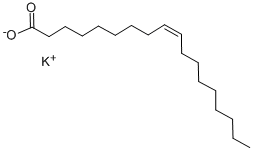



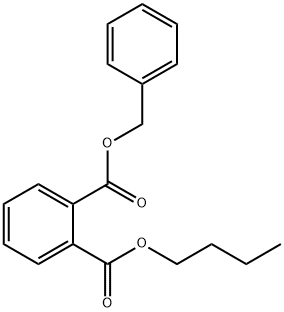


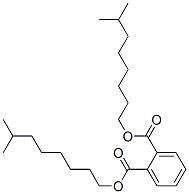
You may like
-
 Diisodecyl Phthalate Didp CAS 68515-49-1View Details
Diisodecyl Phthalate Didp CAS 68515-49-1View Details
68515-49-1 -
 1-Methyl-6-oxo-1,6-dihydropyridazine-3-carbonitrile 98%View Details
1-Methyl-6-oxo-1,6-dihydropyridazine-3-carbonitrile 98%View Details
99903-60-3 -
 1823368-42-8 98%View Details
1823368-42-8 98%View Details
1823368-42-8 -
 2-(3-(tert-butyl)phenoxy)-2-methylpropanoic acid 1307449-08-6 98%View Details
2-(3-(tert-butyl)phenoxy)-2-methylpropanoic acid 1307449-08-6 98%View Details
1307449-08-6 -
 Ethyl 3-(furan-2-yl)-3-hydroxypropanoate 25408-95-1 98%View Details
Ethyl 3-(furan-2-yl)-3-hydroxypropanoate 25408-95-1 98%View Details
25408-95-1 -
 2-Chloro-5-fluoro-1-methoxy-3-methylbenzene 98%View Details
2-Chloro-5-fluoro-1-methoxy-3-methylbenzene 98%View Details
1805639-70-6 -
 1784294-80-9 98%View Details
1784294-80-9 98%View Details
1784294-80-9 -
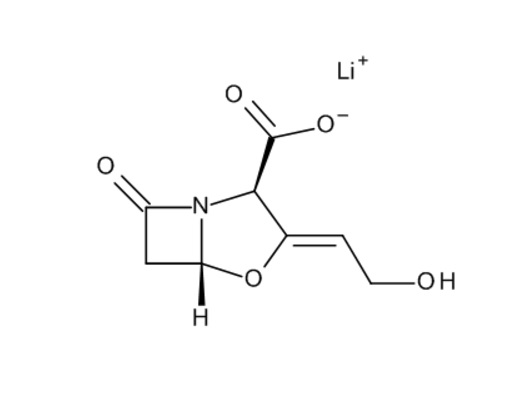 Lithium ClavulanateView Details
Lithium ClavulanateView Details
61177-44-4